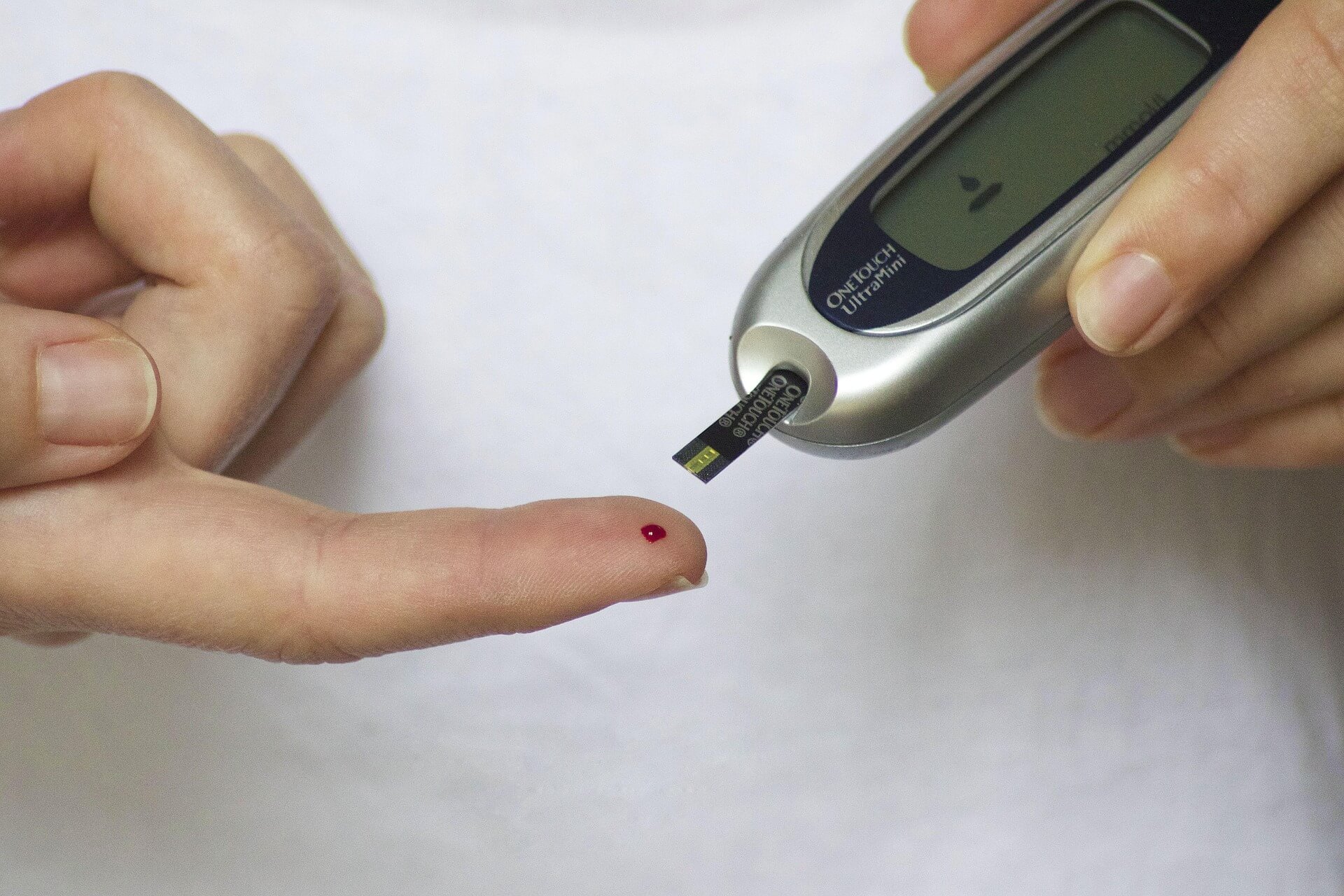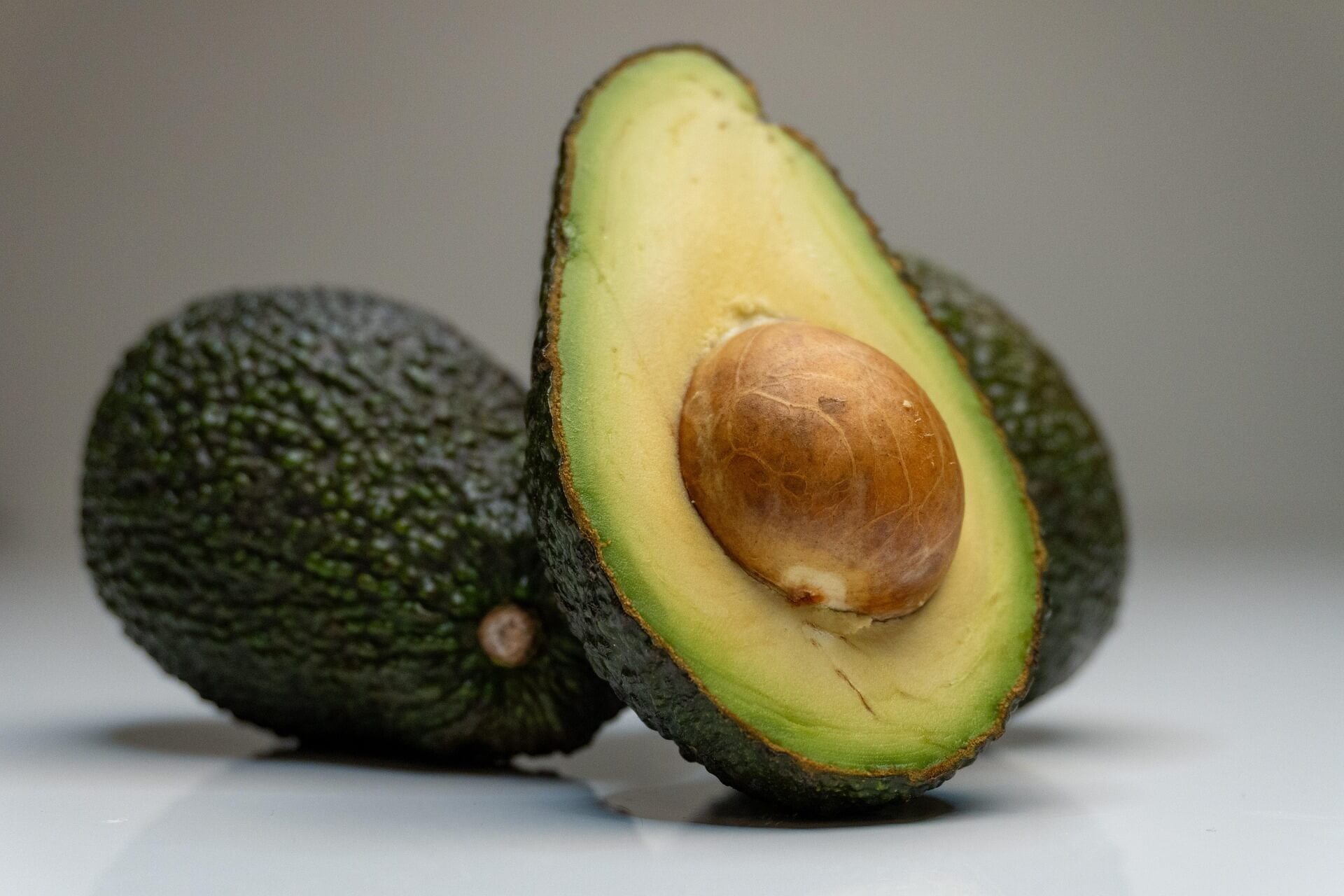If you have diabetes, you might be curious about how alcohol fits into your daily routine. It is possible for alcohol and diabetes to coexist, but only with awareness, preparation, and prudence. Alcohol use has an impact on your blood sugar, insulin sensitivity, and judgment—three critical areas for people with diabetes. Making safer, more informed decisions is made easier when you are aware of how alcohol affects your condition.
Table of Contents
How Alcohol Affects Blood Sugar
Blood sugar is directly impacted by alcohol use. Alcohol may initially induce a brief increase in glucose levels. That frequently results in a steep decline within a few hours, though. This decrease happens when your liver concentrates on processing alcohol and ceases releasing stored glucose. This poses a significant risk of hypoglycemia for someone on insulin or diabetes drugs, particularly when drinking or right after.
It is easy for signs of low blood sugar, like disorientation, lightheadedness, and slurred speech, to be confused with intoxication. Rapid and efficient treatment of low blood sugar is hampered by this misunderstanding.
The Relationship Between Alcohol and Diabetes Drugs
Blood sugar is decreased by many diabetic drugs. Combining them with alcohol raises the risk of dangerously low blood sugar levels. Sulfonylureas and insulin, for instance, both lower blood sugar. Another level of danger is increased by alcohol’s interference with the liver’s ability to regulate blood sugar levels.
Consult your healthcare provider before consuming alcohol. If you decide to drink alcohol, you may need to closely monitor or modify your prescription regimen.
Safe Drinking Recommendations for Diabetes Patients (5 Easy Ways to Drink Safely)
If you take good care of your illness, you don’t have to abstain from alcohol entirely. Here are some suggestions for drinking safely:
- Eat before drinking. Food stabilizes blood sugar and reduces the absorption of alcohol. Check out our article on Foods to Eat and Foods to Avoid When it Comes to Blood Sugar Levels.
- Check your blood sugar levels. Verify your levels prior to, during, and following alcohol consumption.
- Stay hydrated. Avoid dehydration by drinking water in between alcoholic beverages.
- Go for lower-carbohydrate options. Generally speaking, spirits with sugar-free mixers, dry wines, and light beers have lower carbohydrate content.
- Limit your intake. Men should limit themselves to no more than two drinks each day. Women should not have more than one drink each day.
Alcoholic Drinks: The Best and Worst for Blood Sugar Regulation
Glucose swings are less common with some drinks than others. The best options are:
- Dry red or white wine
- Light beer
- Whiskey, vodka, or gin combined with water or diet soda
Hidden Risks: Hypoglycemia Delays
One of the main dangers of alcohol and diabetes is delayed hypoglycemia. Your liver’s ability to produce glucose can be suppressed by alcohol for up to 24 hours. Regular exercise or insulin use may cause this suppression, which might result in a reduction in blood sugar levels while you sleep.
To protect yourself, check your blood sugar before going to bed. If it’s below 100 mg/dL, eat a snack with both carbs and protein to keep levels stable overnight.
Alcohol’s Long-Term Effects on Diabetes Management
Heavy drinking over time throws off hormone balance and harms organs. This creates further difficulties for those who have diabetes. Drinking too much alcohol over time can:
- Increase insulin resistance
- Raise triglyceride levels
- Contribute to weight gain
- Damage the liver and pancreas
Moderation is still essential. The dangers of regular or binge drinking are usually higher than those of occasional, moderate drinking.
Conclusions on Alcohol and Diabetes
Making wise decisions and being self-aware are necessary in the link between alcohol and diabetes. Sometimes you can have a drink, but you have to be careful. Make sensible beverage choices, monitor your blood sugar, and eat meals that are well-balanced. By being aware of how alcohol impacts your body and making plans appropriately, you can enjoy life in moderation while safeguarding your health.






